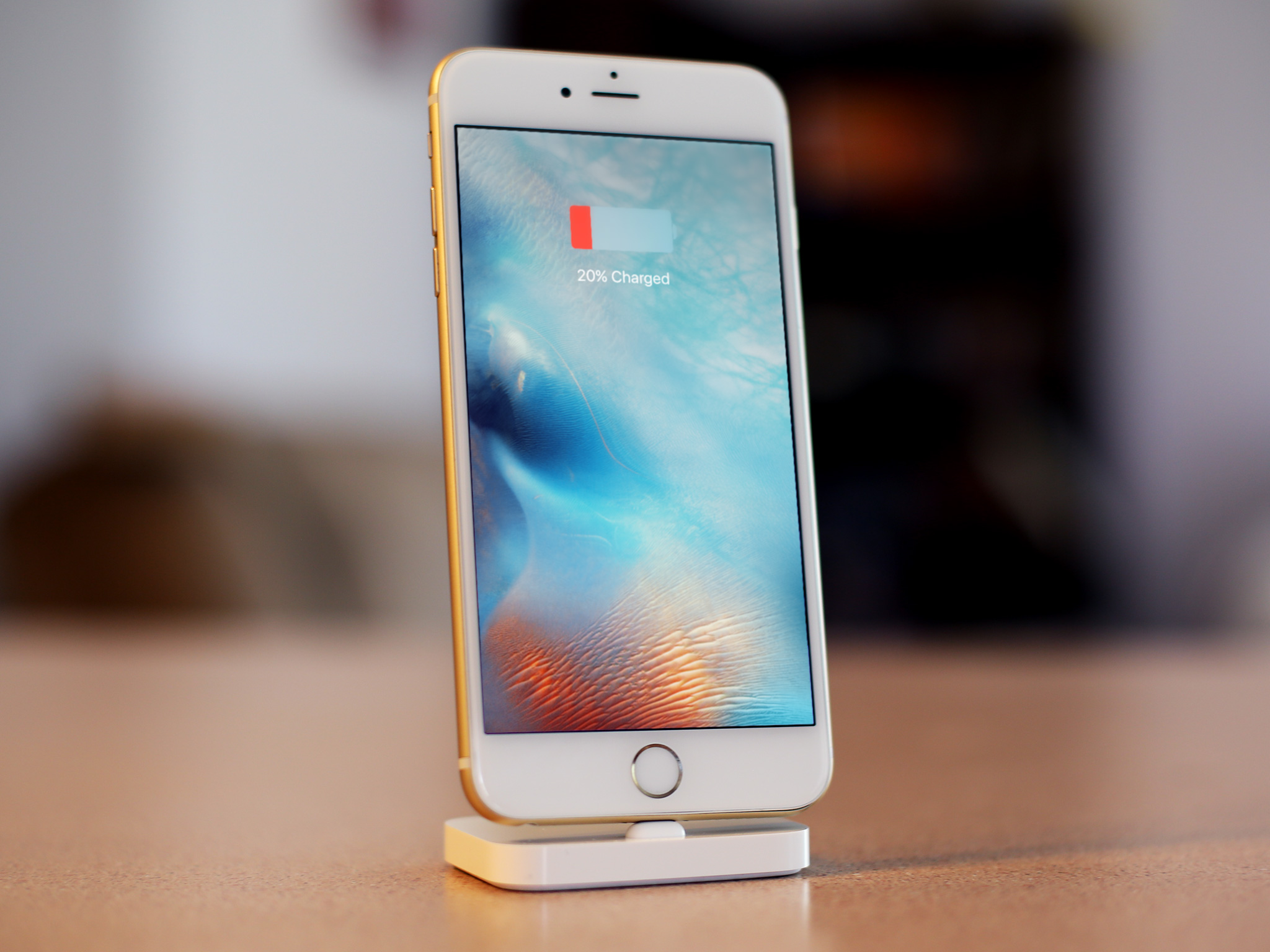European consumer group demands compensation from Apple over iPhone slowdown scandal

iMore offers spot-on advice and guidance from our team of experts, with decades of Apple device experience to lean on. Learn more with iMore!
You are now subscribed
Your newsletter sign-up was successful
What you need to know
- A group of consumer associations in Europe is demanding compensation from Apple.
- It wants Apple to pay 60 euros per customer.
- It's over the batterygate scandal, which saw Apple accused of slowing down older iPhones.
A European consumer group is demanding Apple pay its customers 60 euros each as compensation over the Apple batterygate controversy.
As reported by iCulture:
A group of five European consumer organizations wants Apple to pay an amount of 60 euros per person to iPhone users. This has to do with an update from 2017. The Dutch consumer association is not participating.
The group, aptly named 'Euroconsumers' represents Spain, Portugal, Italy and strangely enough, Brazil. All four are demanding that Apple pay its customer 60 euros each over what it says is planned obsolescence in its devices. The claims relate back to the famous batterygate scandal in 2017. Apple was rocked by iPhone slowdown claims after it emerged that Apple was optimizing the performance of certain iOS features in older devices to prevent them from becoming unstable and shutting down without warning.
Apple received plenty of public backlash against the practice, even though it was clearly beneficial to older devices and the user experience as a whole. Apple has paid fines in several countries including France, where it was ordered to pay 25 million euros in fines.
Apple has also been slapped with punishments in Italy, and also agreed to pay $500 million to settle a class-action lawsuit in California back in March.
On the practice, Apple states:
Your iPhone is designed to deliver an experience that is simple and easy to use. This is only possible through a combination of advanced technologies and sophisticated engineering. One important technology area is battery and performance. Batteries are a complex technology, and a number of variables contribute to battery performance and related iPhone performance. All rechargeable batteries are consumables and have a limited lifespan – eventually their capacity and performance decline so that they need to be replaced. Battery aging can contribute to changes in iPhone performance. We created this information for those who would like to learn more.
It has since let users switch off the feature in later iterations of iOS.
iMore offers spot-on advice and guidance from our team of experts, with decades of Apple device experience to lean on. Learn more with iMore!

Stephen Warwick has written about Apple for five years at iMore and previously elsewhere. He covers all of iMore's latest breaking news regarding all of Apple's products and services, both hardware and software. Stephen has interviewed industry experts in a range of fields including finance, litigation, security, and more. He also specializes in curating and reviewing audio hardware and has experience beyond journalism in sound engineering, production, and design.
Before becoming a writer Stephen studied Ancient History at University and also worked at Apple for more than two years. Stephen is also a host on the iMore show, a weekly podcast recorded live that discusses the latest in breaking Apple news, as well as featuring fun trivia about all things Apple. Follow him on Twitter @stephenwarwick9
